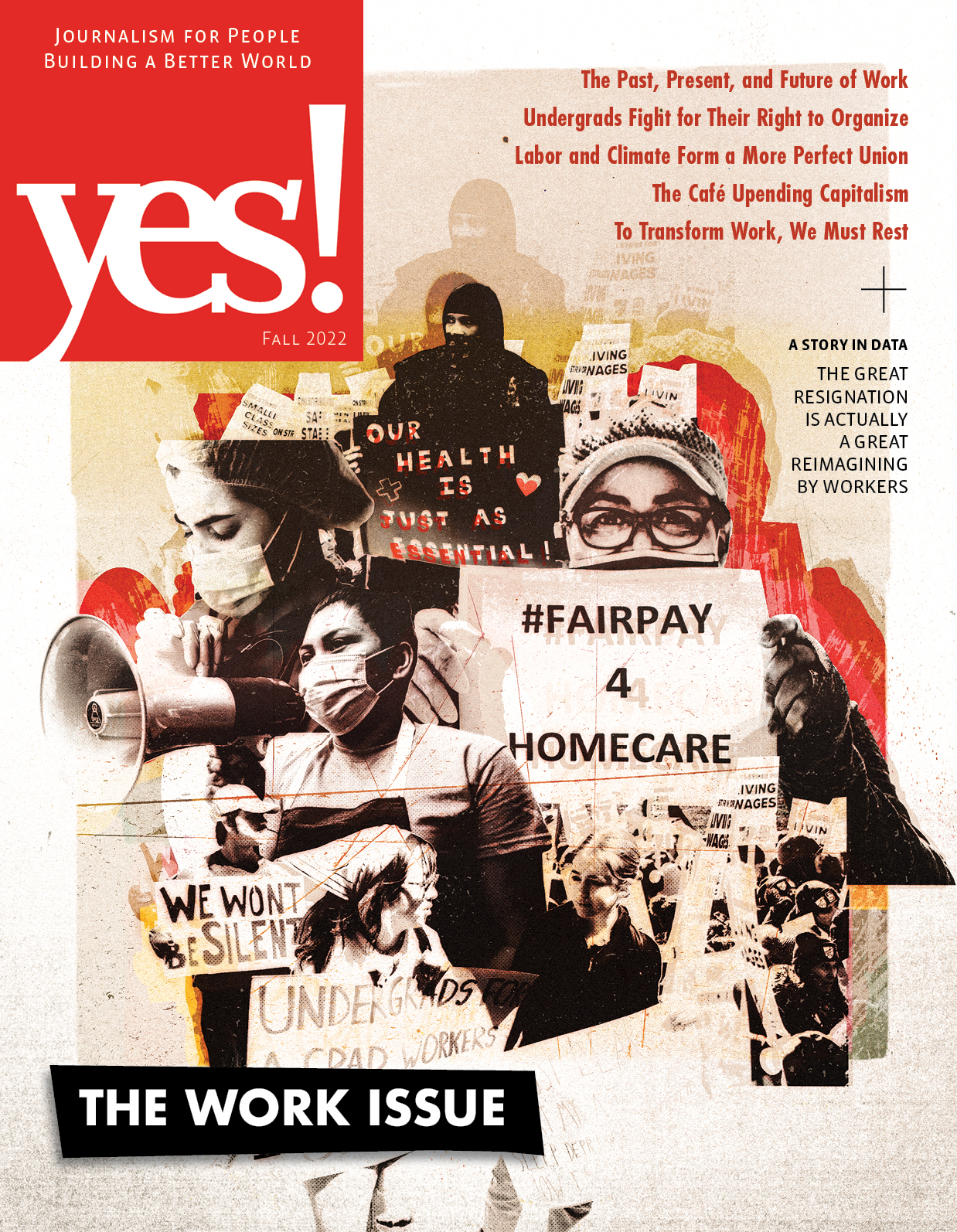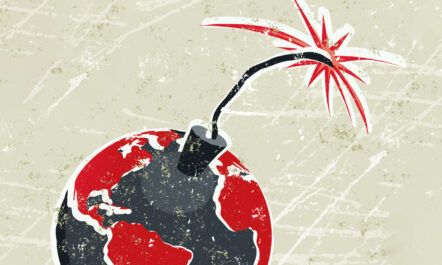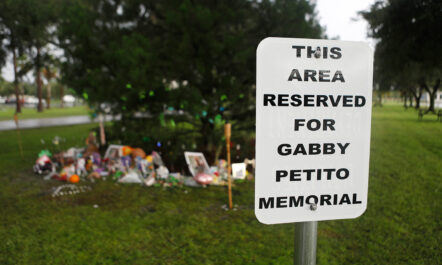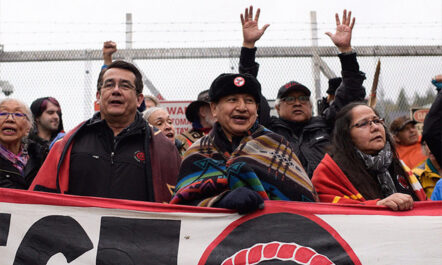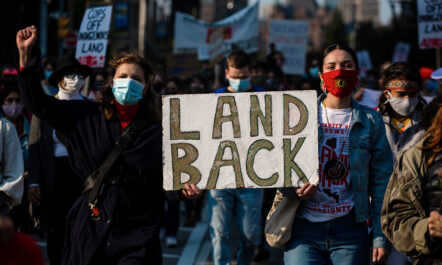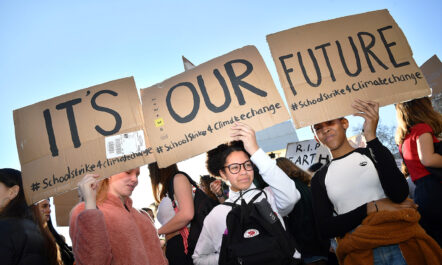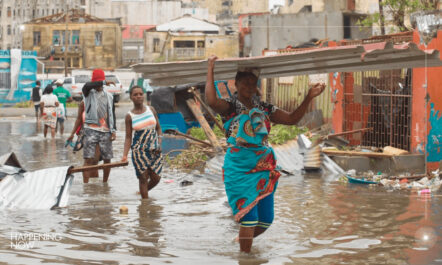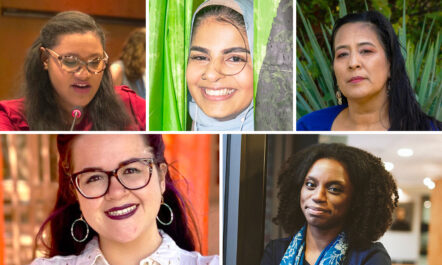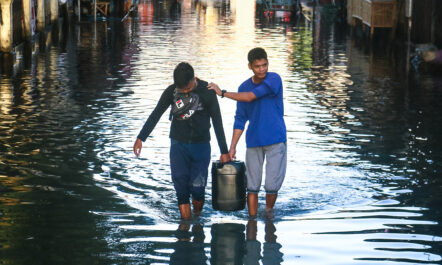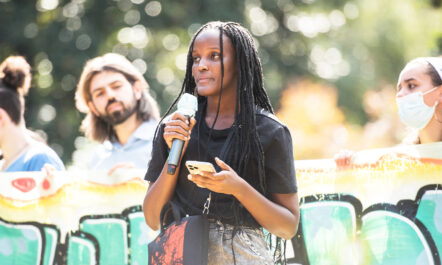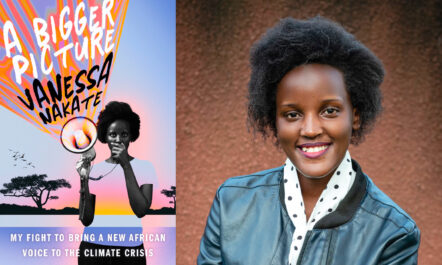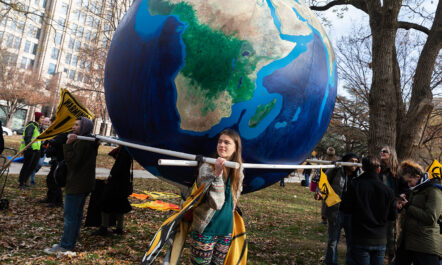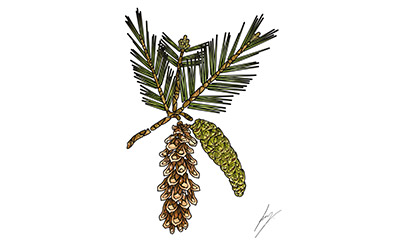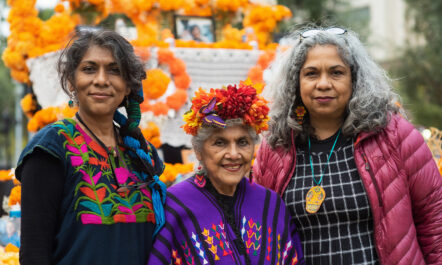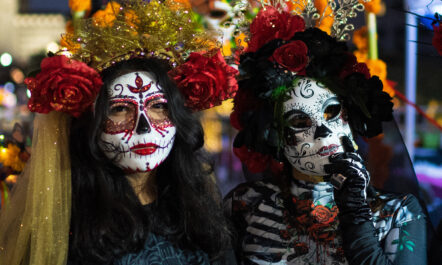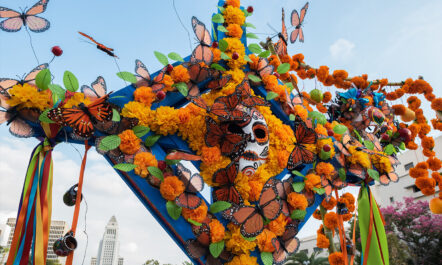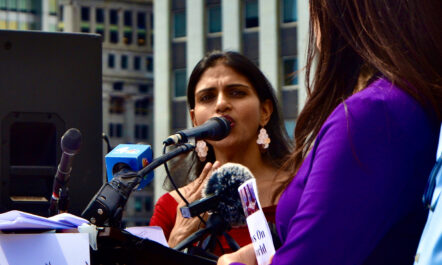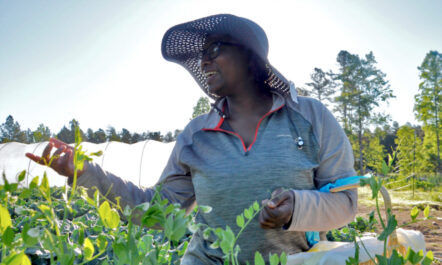To urgently drive down carbon emissions, we need a worldwide, and equitable, fossil fuel nonproliferation treaty.
A conversation about the roots of our current climate crisis and humanity’s prospects for emerging into a livable future.
The Gabby Petito case illustrated yet again how media outlets disproportionately fixate on missing and murdered White women. Veteran journalist Guillermo Torres analyzes why— and how editors can do better.
“It’s not just swapping out oil and gas. It’s about changing the system so that it’s sustainable for everybody.”
The authors, who are taking part in COP26 this week, discuss ways to support Indigenous communities and their allies in healing the planet and moving forward to a post-oil future.
These are dark times, but hope is not lost nor foolish, and change has already begun.
This month’s puzzle will put your reading comprehension to the test.
While my family lives under existential threat from catastrophic cyclones in Mozambique, immigrant communities in the diaspora, like mine in London, also have to face toxic air quality.
“COP26 is looking like one of the most inequitable, White, and segregated COPs to ever occur.”
“The climate crisis is here and with 1.2°C bringing so much suffering already, fighting for 1.5°C is already a compromise.”
“India’s rightwing Hindu supremacists want to control how we celebrate Diwali, a Hindu-origin tradition that is widely embraced and signifies the universal idea that good will triumph over evil.”
Diwali has many origin stories and is celebrated in several faith traditions, but all center the triumph of justice.
A conversation with the Ugandan activist about her new book and how it helped her see climate change differently.
Ugandan climate activist Vanessa Nakate on the necessity of real representation in the climate movement.
These investment firms face fewer disclosure and transparency rules. So their investors—public pension funds—need to hold them accountable.
“If we’re going to make the world over, let’s do it right. Let’s make a masterpiece.”
The author of "Braiding Sweetgrass" on how human people are only one manifestation of intelligence in the living world.
Mother of nine, matriarch Ofelia Esparza learned how to make Día de los Muertos altars from her mother. Now, she’s passing on the craft to a new generation.
The annual Los Angeles Noche de Ofrenda in Grand Park—where Día de los Muertos blossomed into a national and international phenomenon— returns after a one-year hiatus.
After decades of dedicated work by Chicano artists in East L.A. to promote Día de los Muertos as a festival unique to their community, it is now a hyper-commercialized enterprise. Still, many are working to recenter the festival’s original intent of honoring the dead.
Today’s subminimum wages are a legacy of racist policies that date from the Civil War.
Minimum Viable Planet is a weeklyish newsletter about climateish stuff, and how to keep it together in a world gone mad. This week, we listen to what nature has to offer in the conversation around climate solutions.
The residential and employment program on a North Carolina organic farm helps formerly incarcerated women find a new path.
The destruction of burial mounds in Detroit paralleled the displacement and genocide of Indigenous peoples throughout the United States.
After years of grassroots activism, the city has found success in addressing historical housing discrimination through community land trusts.
Help Fund Powerful Stories to Light the Way Forward
Donate to YES! today.
